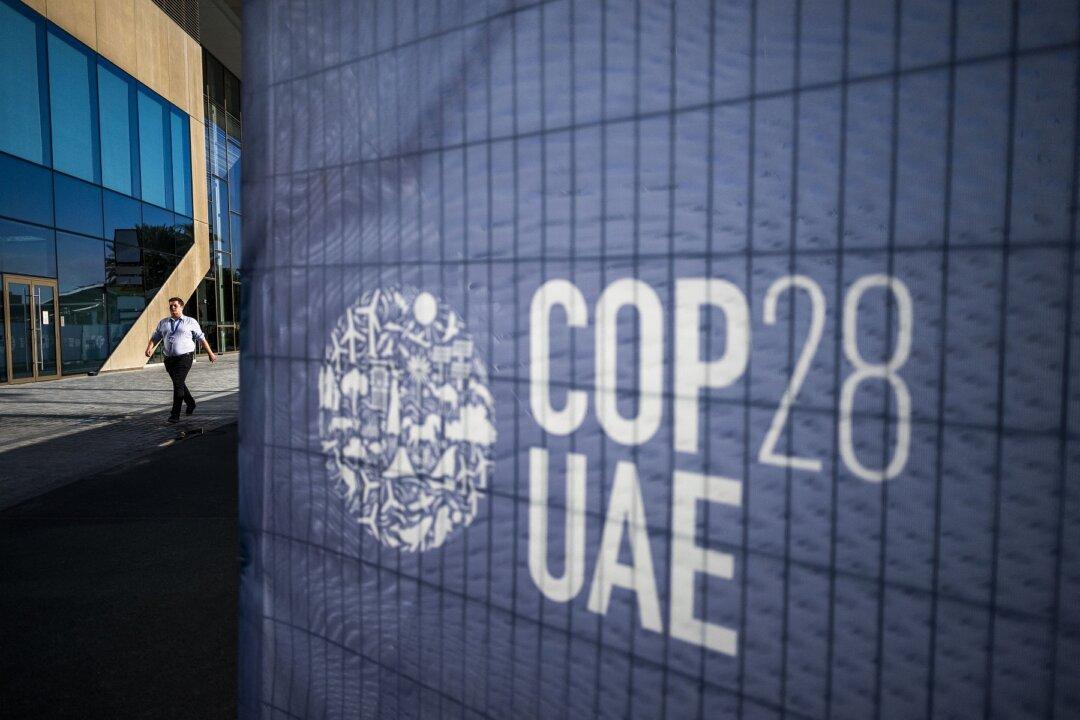Commentary
Although the field of experimental psychology has a very dubious track record in meeting scientific standards, it’s nevertheless continually used to discredit the views of select subjects under study. It does this by pathologizing said subjects and their views.






